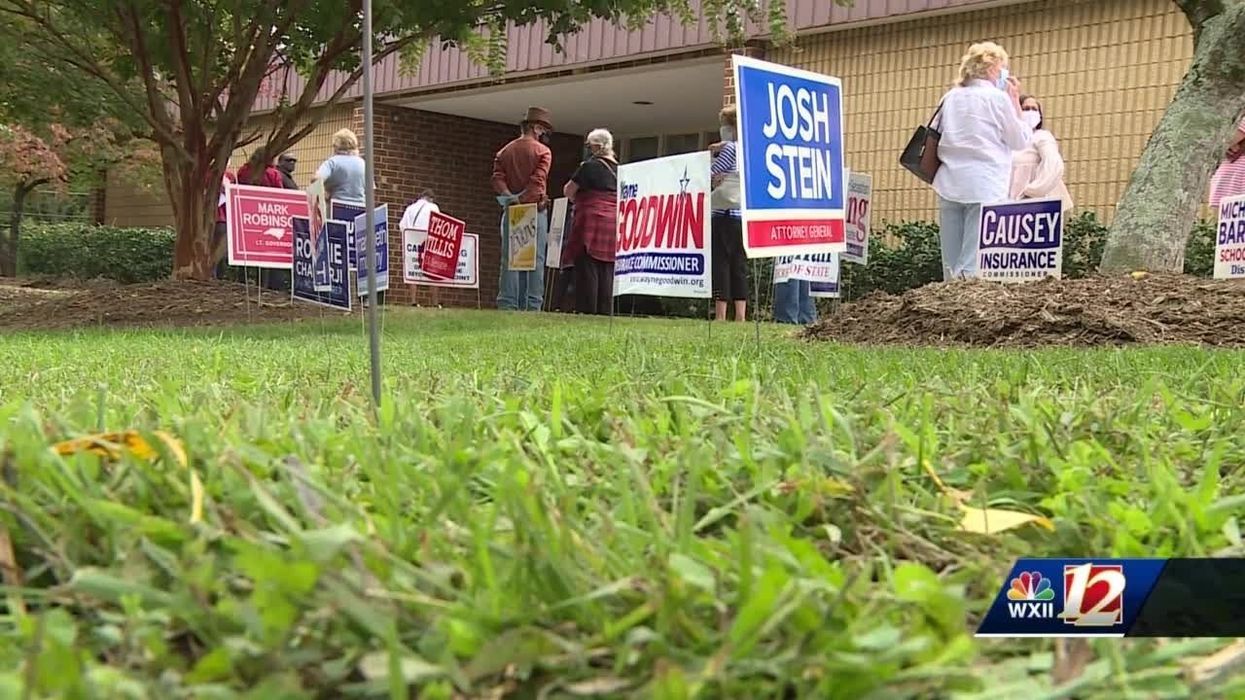Millions of Americans are already voting, and concerns about possible voter intimidation have been on the rise. President Trump's comments at the first presidential debate, along with similar calls for "poll watchers," have put a focus on groups that may try to interfere with the right to vote.
Thankfully, voter interference is against the law, and election officials can address the issue ahead of Election Day. Here's what we know: When it comes to intimidation, election officials are empowered to protect voters and maintain peace and safety at their polling locations. In fact, this is a core part of their responsibilities.
Education and community outreach are key to preventing potential trouble or defusing conflicts once they begin. Local election officials are well positioned to reach voters. They're among the most trusted sources of government information.
Local election officials should inform all community members about the laws protecting voters' fundamental right to vote. Hearing accurate and positive messages from local officials will build trust and encourage people to come out and vote. It will also dissuade those who may be thinking about trying to interfere; they'll be aware that voter intimidation and unauthorized militia activity near polling places are illegal and won't be tolerated.
Election officials can also educate community members about the measures in place to ensure election integrity and the security of ballots in their own community. There are citizens who are sincerely concerned about election integrity. They would benefit from truthful information coming from trusted, local sources. Election officials should communicate to voters in their precinct that most states have laws regulating partisan observers. These laws provide for legitimate, credible partisan observers to watch election processes for the sake of ensuring fairness. Sharing this information ahead of Nov. 3 may discourage would-be disruptors.
Finally, community organizations and state and local agencies should be working with election officials now to identify any plans to intimidate voters. They should outline procedures and strategies for responding in a safe and de-escalating manner on Election Day. Election officials and poll workers need to be trained on bystander intervention and conflict resolution tactics. And as the Campaign Legal Center explains in its guide for voters on voter intimidation, if voters themselves witness intimidation, they should inform local election officials and call the Election Protection Hotline at 866-OUR-VOTE.
Voter intimidation benefits no one. With the right planning and action, election officials can strengthen trust in their communities and ensure a safe, welcoming voting environment for all. In turn, voters should feel confident and ready to exercise their right to vote in this fall's election.
Trevor Potter is founder and president of the Campaign Legal Center. Read more from The Fulcrum's Election Dissection blog or see our full list of contributors.




















Trump & Hegseth gave Mark Kelly a huge 2028 gift